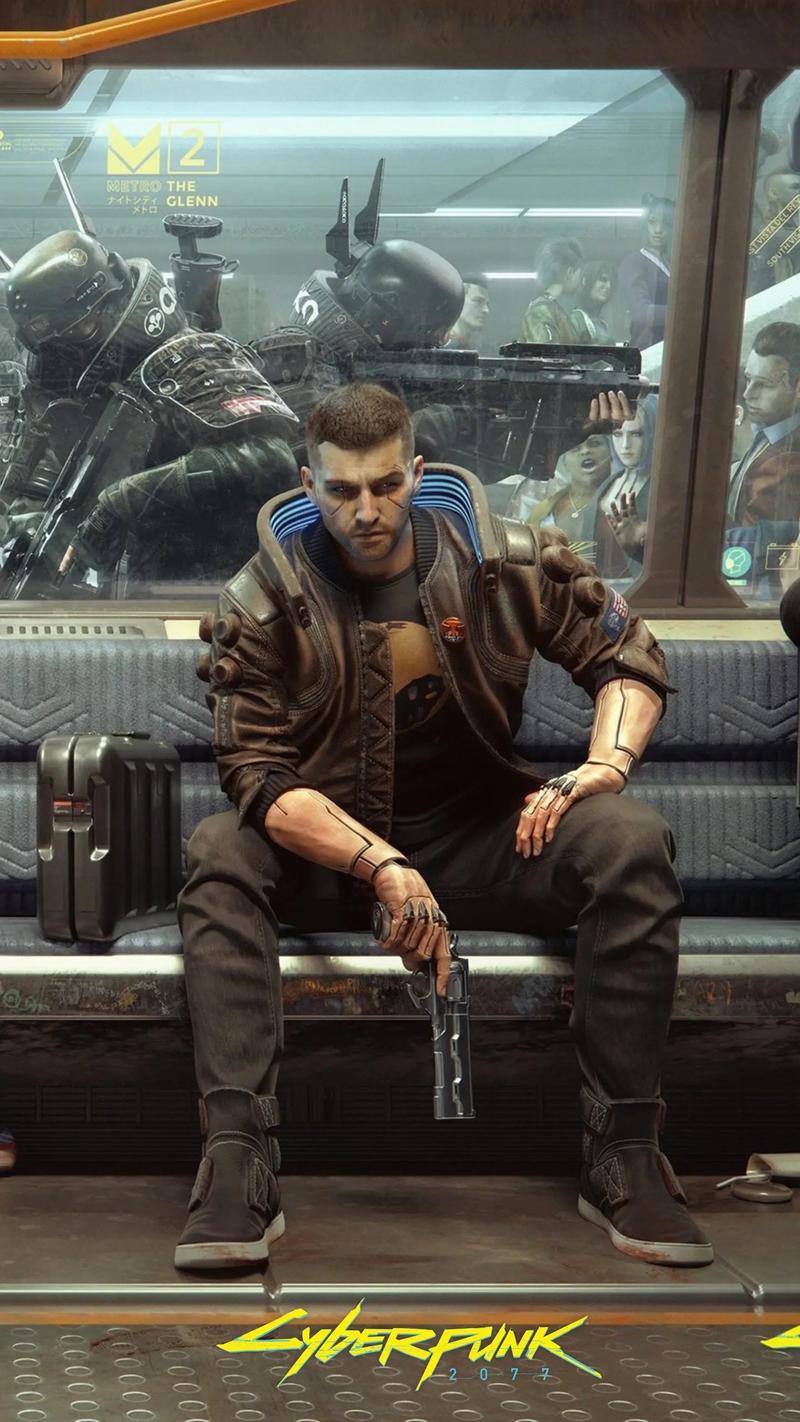The Impact of AAA Game News on Pre-Order Decisions
The video game industry has evolved into a global entertainment powerhouse, with AAA titles often commanding budgets comparable to blockbuster films. In this highly competitive landscape, pre-orders have become a critical component of a game’s financial success. They provide developers with early revenue, gauge consumer interest, and help manage launch logistics. However, the decision to pre-order a game is rarely impulsive; it is heavily influenced by the flow of information leading up to release. News coverage, from official announcements to leaks and reviews, plays a pivotal role in shaping consumer behavior. This article explores the multifaceted impact of AAA game news on pre-order decisions, analyzing how different types of information sway potential buyers.
The pre-order culture is fueled by a powerful combination of marketing incentives and consumer psychology. Publishers offer enticing bonuses—exclusive in-game content, early access, physical collectibles, or discounts—to incentivize early commitment. For consumers, pre-ordering is an act of faith and anticipation. It secures access to a coveted product on day one and often comes with a sense of belonging to an eager community. Yet, this faith is not blind. It is continually tested and recalibrated by the news cycle surrounding the game.
The initial announcement of a game, typically at a major event like E3, Gamescom, or a dedicated showcase, serves as the first major catalyst for pre-orders. A stunning cinematic trailer, a compelling premise from a beloved studio, or the revelation of a long-awaited sequel can generate immense hype. This "reveal hype" creates an emotional connection and a strong initial desire to pre-order. For instance, the announcement of The Elder Scrolls VI or Grand Theft Auto VI immediately triggered massive pre-order interest based solely on franchise reputation and teaser trailers, despite release dates being years away. At this stage, news is purely aspirational, and pre-orders are driven by brand loyalty and the promise of an experience.
As development progresses, the nature of news shifts from promise to proof. Gameplay reveals, developer diaries, and hands-on previews from influencers and journalists become paramount. This phase is crucial for converting tentative interest into concrete pre-orders. Positive previews that highlight smooth gameplay, innovative mechanics, and impressive visuals can cause pre-order numbers to surge. For example, the extensive gameplay demonstrations for Cyberpunk 2077 prior to its release, despite its later issues, generated record-breaking pre-order numbers based on the perceived depth and ambition shown.
Conversely, negative news can swiftly derail pre-order momentum. Reports of development troubles, such as delays, executive departures, or rumors of a "crunch" culture, can make consumers hesitant. While a delay might signal a commitment to quality in the long term, it often leads to a short-term dip in pre-orders as anticipation cools. More damaging are leaks or early reports of technical issues. If beta testers or insiders report persistent bugs, performance problems, or disappointing content, potential buyers may decide to wait for post-launch patches or reviews.
The role of gaming journalists and influencers cannot be overstated. Their previews, interviews, and analyses serve as a trusted filter for consumers. A positive preview from a respected outlet can legitimize hype and encourage pre-orders. Conversely, cautious previews that raise red flags about gameplay loops or narrative strength can give pause. Influencers, with their direct and often perceived-as-authentic connection to their audience, hold significant sway. A glowing endorsement from a popular streamer can trigger a flood of pre-orders from their followers, while a critical video can have a chilling effect.
The period immediately following the embargo lift for reviews is perhaps the most critical for last-minute pre-order decisions. Traditionally, review embargos lift a day or two before launch. A game that receives universal critical acclaim will often see a significant spike in pre-orders from consumers who were waiting for this final verification. God of War (2018) or The Legend of Zelda: Breath of the Wild are prime examples of games whose stellar reviews convinced countless players to commit pre-launch.
However, this system also carries immense risk. If reviews are mixed or negative, the result can be catastrophic for pre-orders and day-one sales. The aforementioned Cyberpunk 2077 serves as a cautionary tale. While its pre-orders were enormous based on pre-release marketing, the flood of reviews highlighting severe technical issues on base consoles led to a wave of cancellations, refunds, and a profound loss of consumer trust that impacted the company’s stock price and reputation. This incident highlighted a growing consumer awareness and a shift towards caution.
In response to such debacles, a growing "wait and see" mentality has emerged among players. Many now actively resist pre-ordering until after independent reviews and user impressions are available. This has forced publishers to adapt their strategies. Some now offer open betas or free trials pre-launch to demonstrate the game’s quality and stability, effectively using the game itself as the most powerful news. Others have begun to shift the value proposition of pre-orders, focusing more on tangible collectibles rather than just in-game bonuses.
Furthermore, the rise of live-service models and day-one patches has complicated the pre-order calculus. News about a game’s long-term roadmap, seasonal content, and multiplayer stability can be just as important as the core gameplay news. Players are not just pre-ordering a product; they are investing in a platform they expect to evolve for years.
In conclusion, the relationship between AAA game news and pre-order decisions is a dynamic and powerful dialogue. From the first cinematic trailer to the final review scores, each piece of news acts as a data point that consumers use to navigate the risk of an expensive, intangible purchase. While hype generated through controlled marketing can drive immense early sales, the modern gamer is increasingly savvy and reliant on independent verification. The impact of news is ultimately a force for market accountability. It rewards developers who are transparent and deliver on their promises, while punishing those who rely on hype over substance. In this ecosystem, news doesn't just report on games; it actively shapes their commercial fate and, in doing so, pushes the entire industry toward higher standards of quality and communication.















